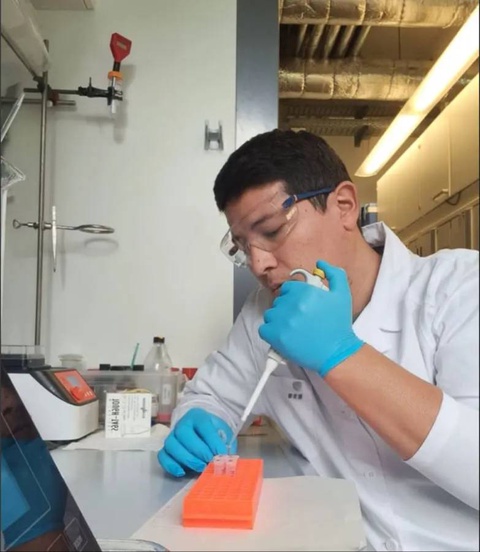Arteriviruses are widespread among many mammalian species around the world, including non-human primates, pigs and horses, but have not yet been detected in humans.
Many natural hosts of arteriviruses have no signs of disease. But the virus affecting pigs can cause pneumonia, as well as miscarriages in pregnant pigs, and other strains can cause hemorrhagic fever or encephalitis.
Arteriviruses have an unusual ability to maintain long-term infection and become more virulent when changing hosts, which gives them time to evolve and increase the chances of transmission.
With the help of a screengrab, scientists have identified two genes FCGRT and B2M. Their protein products combine to form the FcRn receptor (neonatal Fc receptor), which is expressed on the cell surface.
The FcRn receptor molecule plays a special role in the transfer of antibodies across the placenta to the fetus, but is also present in immune cells and vascular wall cells. Both types of tissues serve as targets for arteriviruses.
The results of the study showed that FcRn is used to enter the host cell by at least five arteriviruses that infect monkeys, pigs and horses.
Removing the FCGRT gene from the host cells blocked infection, and pretreatment of the cells with an anti-FcRn antibody protected them from infection.
According to the researchers, the discovered antibody may become one of the ways to fight arteriviruses if they become dangerous to humans in the future and lead to a new pandemic.












